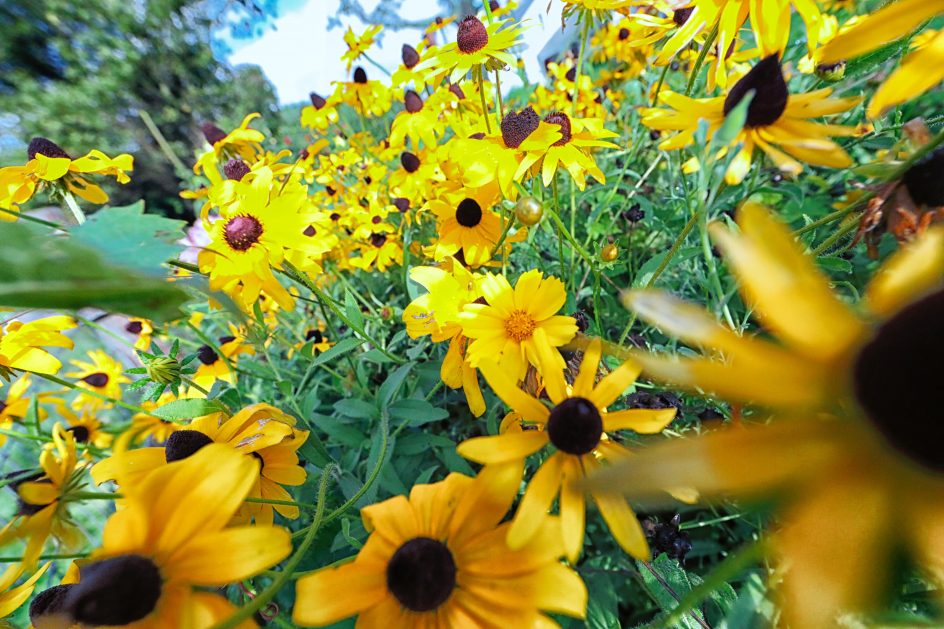
“I went to the woods because I wished to live deliberately, to front only the essential facts of life, and see if I could not learn what it had to teach, and not, when I came to die, discover that I had not lived. I did not wish to live what was not life, living is so dear; nor did I wish to practice resignation, unless it was quite necessary. I wanted to live deep and suck out all the marrow of life, to live so sturdily and Spartan-like as to p ut to rout all that was not life, to cut a broad swatch and shave close, to drive life into a corner, and reduce it to its lowest terms.”
- The writing is from Henry David Thoreau.
Something about this quote is very healing to me.
A friend of mine lost someone she knew to suicide, she was upset and she wrote that she was “living deliberately” today in response.
The phrase stuck in my mind.
Thoreau, it seems, was writing about his search for simplicity, to him the core of spirituality and meaning.
I am very fond of Thoreau and his search for a meaningful life, I relate to it. I am not in trauma, I am not overwhelmed by sorrow, I am loving my life, but I think I am quite unconsciously living deliberately. I am always working around the abyss.
There is always a deep hole in my being, trauma or death or mishap or not. I know I will never succeed in completely filling the hole, because my needs are not finite or exhaustible. Whenever I meet one need, five more resurface or appear, hungry for redemption and attention. I accept that life is just like that.
I have to work around it, nip at the edges, circle around and around, fill up the holes one shovelful at a time, play chess with it.
At times, my anguish has been so enormous, the abyss so deep I want to run from it.
I don’t ever seem to do that, though, not any more.
I am conscious of two extremes to avoid: being totally absorbed and consumed in my pain, or being so distracted by so many things that I don’t take the time to help my wounds heal.
Living deliberately helps me heal.
To me, that means living consciously. It means pausing to be grateful for what I have. It means learning from the light as well as the darkness. It mans reaching out to do good, a selfish kind of self-medication.
It means living thoughtfully and with perspective.
I believe that everyone has it worse than I do, and that everyone who reads anything I write has suffered the same things I have suffered, and fought and lost some of the same battles. If I write about the death of a dog, I know every one of you has lost a dog. Sometimes we forget that.
If I write about a death, I know everyone reading it has lost someone, or will soon enough.
We are unique in so many ways, and quite alike in others. The writer who forgets that falls into narcissism.
But we needn’t be happy all the time, or trouble-free. In a wonderful essay called “The Importance of Being Scared,” the writer Wistawa Szymborska laments children’s book publishers who insist that children should not be scared by anything in their books.
“Children like being frightened by fairy tales,” she wrote. “They have an inborn need to experience powerful emotions. Hans Christian Anderson scared children,” she writes, “his marvelous tales about in indubitably supernatural beings, not to mention talking animals and loquacious buckets.” His favorite character is death.
Children love to read his stories. Sometimes we need to be frightened and upset, the question is how to we rebound, how to keep out of the abyss. If you can’t ever be frightened, you can’t ever learn to live with fear.
A friend asked me the other day if I believed that everything happens for a reason. I think he was speaking of God, and of sickness and death. I told him I am not religious in that way, poor God can’t be held responsible for every flat tire I get or arrogant publisher or stomach bug.
I believe we learn from everything, but that fate is random and quite free. I believe that life happens to all of us, every day.
I came to the country today because I wish to live deliberately, to front only the essential facts of life, and see if I could not learn what it had to teach, and not, when I came to die, discover that I had not lived.
I am much closer to being dead than being born, and living deliberately is very important to me.

Love this, Jon. I, too, am much closer to being dead than being born and hope I can improve my way of thinking to match more of yours. Thank you.